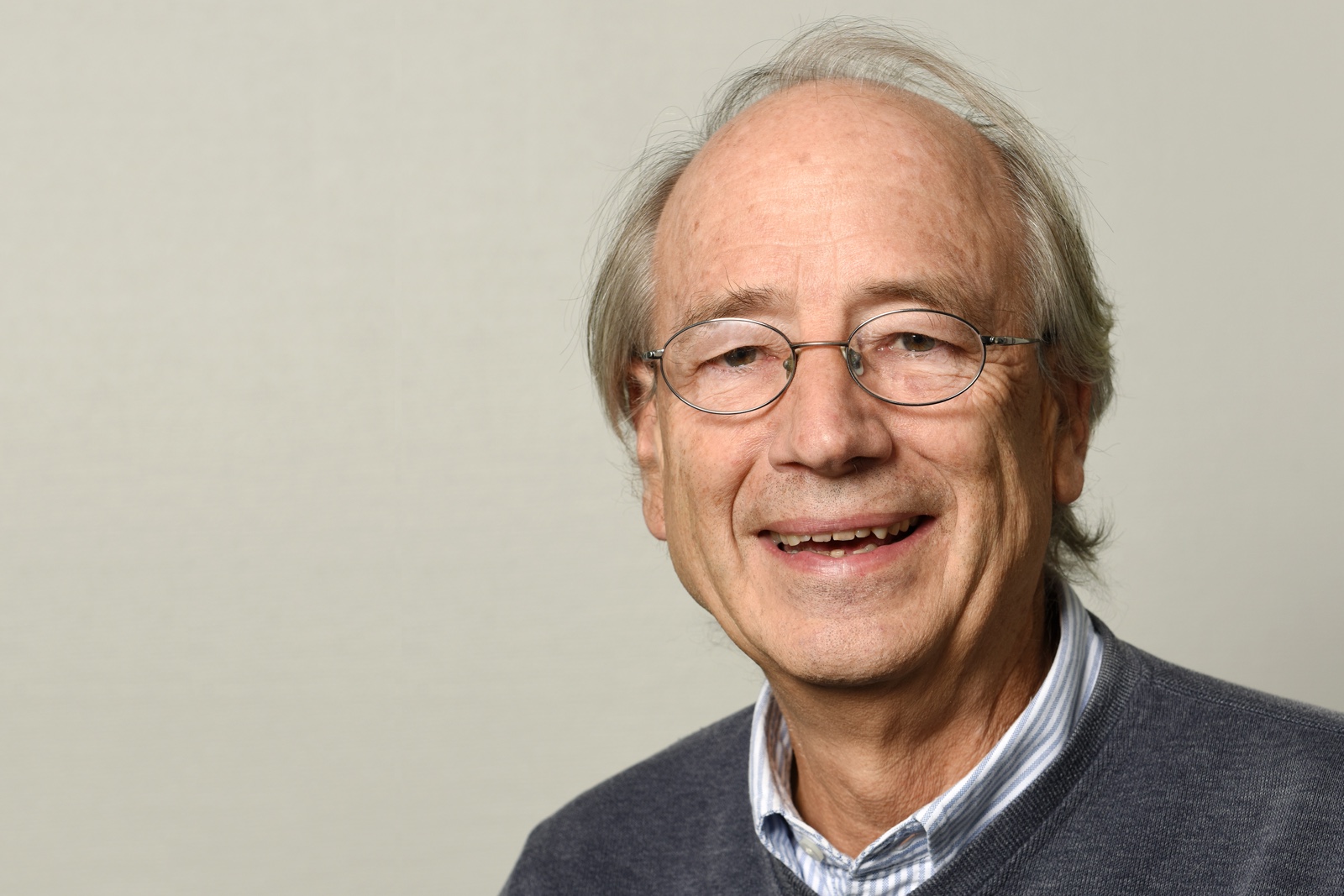Interview with Dr Jaime De Melo
Here we introduce you to the work of Dr Jaime De Melo who has published extensively throughout a long career in active research.

At Geneva Business School we have highly qualified teaching staff. Members of our faculty have been successful in their business careers and have the appropriate academic qualifications to focus on our research priorities and support students participating in research activity and consultancy.
Here we introduce you to the work of Dr. Jaime De Melo who has published extensively throughout a long career in active research.
Tell us about your career highlights.
Early on, during MBA studies in international relations, I became interested in economics, especially international economics and development economics. This led me to study for a doctorate in economics at the John Hopkins University. I started teaching, then got involved with projects at the World Bank where I stayed 15 years working mostly in Latin America and East Asia. I then returned for a second career in academics at the University of Geneva where I taught for 25 years. Highlights included working on policy advice in Latin America, especially Chile and Uruguay, and more recently in East and West African countries.
How did you get involved with Geneva Business School?
I got involved with Geneva Business School through my acquaintance with Dr. Gacem when we were both at the University of Geneva.
When did research become a significant part of your work?
Early on, when I was working towards my doctorate.
Give us an example of a piece of research-related work you are particularly proud of.
My work on trade and exchange rate policies in Latin America in the 1980s and, most recently, in late 2015, the collaborative work on what countries needed to agree on to build a workable and efficient climate regime.
What are your current areas of interest in terms of your research work?
Working on necessary steps to avoid a clash between the trade and climate regimes (countries need to take on rules and commitments at the WTO that help trade activities to be friendly for the environment).
What are some of the key issues facing business today that are under-researched and need more attention?
In the next few years, how to stop the hollowing out of the middle class in rich countries, and in the longer run, dealing with climate change, including the associated increases in migratory pressures from the poor countries that are mostly located in already high-temperature zones.
There’s a lot of conversation about the future of work from organizations like WEF. What is your take on this?
Robotics, Artificial Intelligence, the Internet Of Things and, more generally, all new technologies are, once more, about to change the geography of manufacturing activity across the world. How, and how much, is still unclear. It could be that the outsourcing of manufacturing from high to low-income countries (the so-called Global value chains) could slow down or come to an end which might ease the downward pressure on wages in high-income countries. However, it is still too early to tell what direction these changes will take and what this means for the future of manufacturing-led development.
What advice would you give Geneva Business School students who are embarking on their own research?
Choose a topic you are really interested in since research is a long (and often lonely) process.







